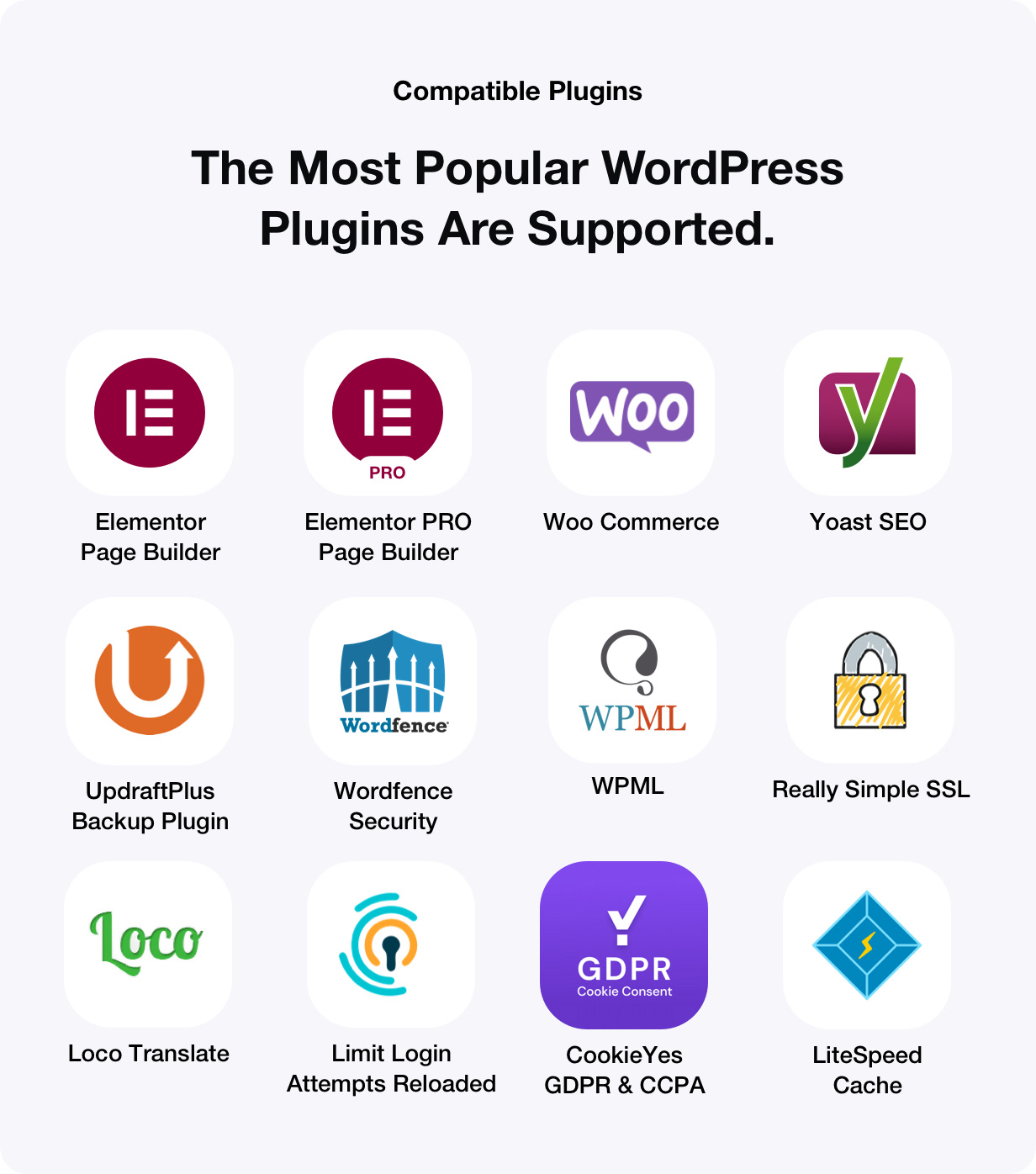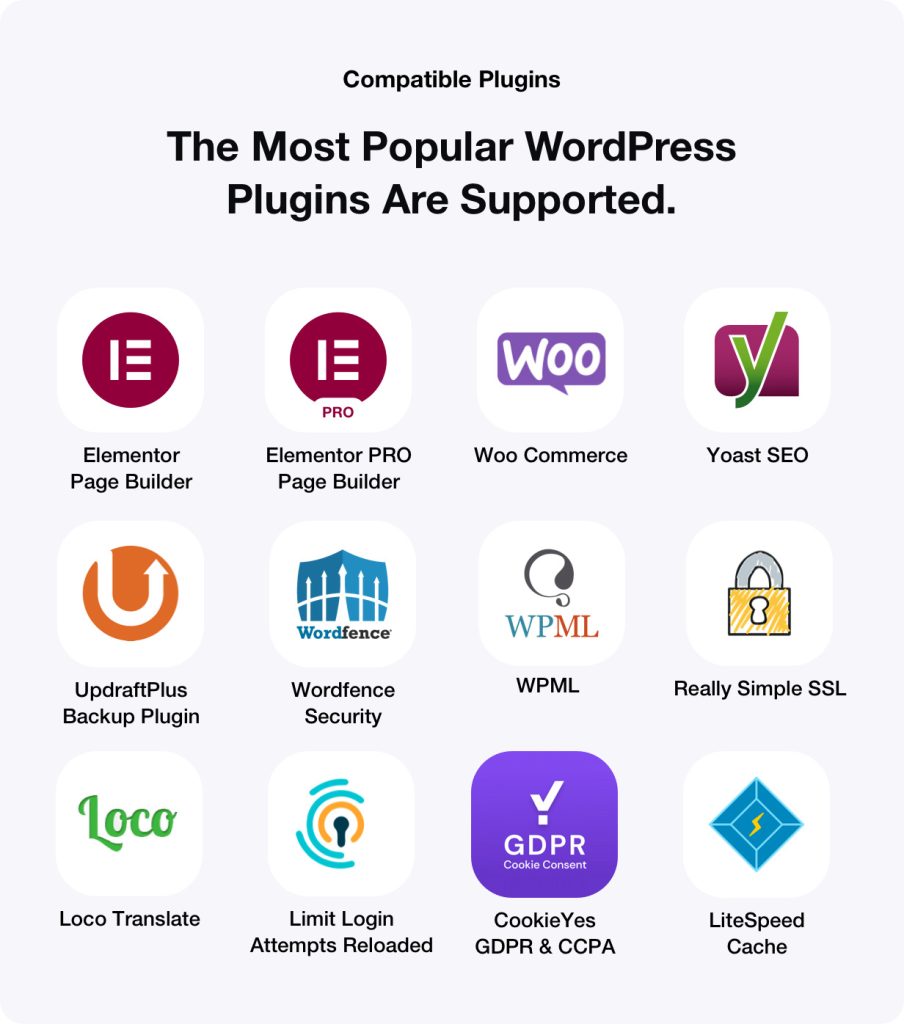Artificial Intelligence (AI) is rapidly transforming the landscape of various industries, with sales forecasting and automation solutions leading the charge. These technologies allow businesses to refine their strategies, enhance customer relationships, and ultimately increase bottom lines. Recent trends show companies are investing significantly in AI to gain predictive insights and automate processes, paving the way for smarter, data-driven decisions in sales.
.
### Understanding AI in Sales Forecasting
Sales forecasting refers to the process of estimating future sales volume and revenue for a product or service over a specific period. Traditionally relying on historical data, intuition, and market trends, sales forecasting has often been hit or miss. However, AI has revolutionized this space, enabling businesses to achieve unprecedented accuracy.
.
AI in sales forecasting works by analyzing vast amounts of historical sales data, customer interactions, and external market factors. This data is processed using machine learning algorithms that identify patterns and correlations, allowing for predictions that can be adjusted in real-time as new data emerges. According to a study by McKinsey, organizations that leverage AI in their sales processes can improve their forecasting accuracy by up to 30%.
.
Moreover, AI-based tools are continuously learning from new data, enabling companies to refine their sales strategies. Companies such as Salesforce and HubSpot have integrated AI features into their platforms, helping sales teams identify high-priority leads, optimize pricing strategies, and make data-backed decisions that enhance both conversion rates and customer satisfaction.
.
### The Rise of AI-Based Automation Solutions
Another significant trend in today’s business environment is the deployment of AI-based automation solutions. These technologies reduce the manual workload, streamline processes, and enhance operational efficiency. From automating routine tasks to sophisticated decision-making processes, AI-driven automation offers numerous advantages that resonate throughout an organization.
.
For instance, AI can automate customer relationship management (CRM) tasks. Chatbots powered by AI can handle customer inquiries, allowing sales representatives to focus on high-value prospects. A report from Gartner indicates that by 2025, 75% of customer interactions will be managed by AI.
.
Additionally, AI-driven automation solutions can significantly improve lead scoring and management. By automatically analyzing customer data and behavior, companies can prioritize leads that are more likely to convert, thereby optimizing their sales efforts. This not only enhances productivity but also allows sales teams to build more meaningful relationships with customers.
.
### Scale AI: The Future of AI Implementation
One company making waves in the AI environment is Scale AI, a provider of data-centric AI solutions. Scale AI offers robust tools to help businesses efficiently label and manage data—an essential step in training machine learning models. This process is often resource-intensive and requires a high level of accuracy to ensure that AI models generate reliable outputs.
.
Scale AI integrates automation and human expertise to create a harmonious balance that ensures data quality while maximizing efficiency. Companies across various sectors, from automotive to healthcare, are leveraging Scale AI’s solutions to power their AI initiatives. For example, autonomous vehicle manufacturers depend on Scale AI to annotate data collected from sensors, ensuring that their models can accurately identify objects in diverse environments.
.
Moreover, the role of Scale AI extends beyond just data labeling. They provide end-to-end solutions that help businesses implement AI initiatives seamlessly, from the planning stage to execution. As AI continues to mature, organizations need partners like Scale AI to navigate the complexities of implementation, especially given the unique challenges posed by industry-specific demands.
.
### Industry Applications of AI in Sales and Automation
1. **Retail**: Retail businesses are employing AI to optimize inventory management and pricing strategies. For these organizations, the ability to forecast sales accurately leads to better stock levels, fewer markdowns, and increased profit margins.
2. **Manufacturing**: In manufacturing, sales forecasting powered by AI can minimize the risk of overproduction or underproduction by predicting future demand accurately. Automation solutions streamline production lines, reduce downtime, and improve demand planning.
3. **Financial Services**: Financial institutions utilize AI for predictive analytics, helping them understand market trends and customer behavior. AI also automates compliance processes, reducing the burden on employees and decreasing the risk of regulatory violations.
4. **Real Estate**: Real estate agencies leverage AI to analyze trends in property prices, helping agents set projections that align with market expectations. AI-driven solutions can also automate property management tasks, enhancing the customer experience.
.
### Technical Insights and Challenges
Despite the remarkable potential of AI, there are challenges present that companies must navigate. First and foremost is data privacy and security. Organizations must ensure that they are compliant with regulations like GDPR and CCPA, which govern the management of personal data.
.
Another issue is the need for high-quality, relevant data. AI models thrive on good data; thus, investing in data management systems is critical. Companies should prioritize clean, well-organized data to avoid the pitfalls of inaccurate predictions.
.
Implementation is another challenge. While AI tools can significantly enhance sales and operational efficiencies, they also require a certain level of expertise to deploy and maintain. Organizations must invest in upskilling their staff on AI technologies or partner with experienced firms like Scale AI to bridge the gap.
.
### Conclusion: Embracing AI for a Competitive Edge
As we move deeper into the AI era, businesses that embrace these technologies stand to gain a significant competitive edge. AI in sales forecasting equips companies with the insights needed to adjust their strategies and remain responsive to market changes, while AI-based automation solutions free up resources, enabling teams to focus on strategic initiatives.
.
With companies like Scale AI leading the charge in data-centric solutions, the future holds vast potential. As organizations evolve their capabilities and adapt their operations, the integration of AI will serve as a cornerstone for sustainable growth and success.
.
In summary, embracing AI in sales forecasting and automation not only drives efficiency but also enables organizations to better understand their customers and market dynamics. As trends continue to unfold, businesses must stay agile and ready to innovate in order to harness the full potential of AI technologies.
.
**Sources:**
1. McKinsey & Company, “The State of AI in 2023”.
2. Gartner, “Top Strategic Technology Trends for 2023”.
3. Salesforce, “AI-Powered Sales Forecasting: Best Practices”.
4. Scale AI, “Efficiency Through AI: The Future of Data Management”.

























